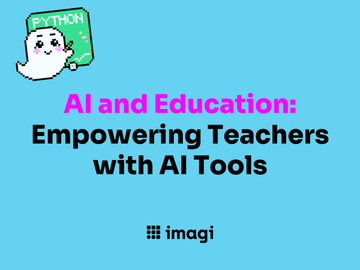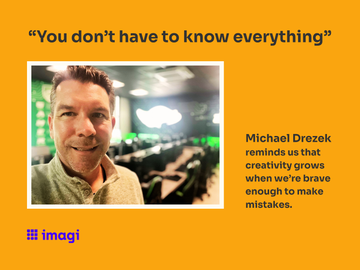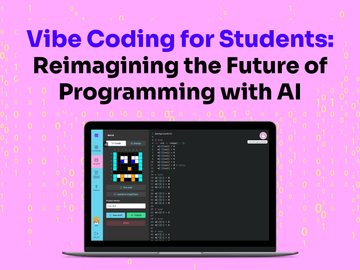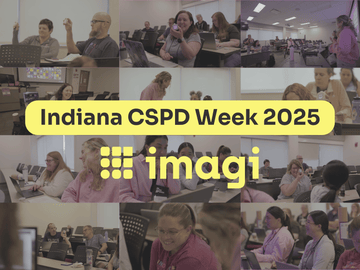
As artificial intelligence continues to shape the world around us, the urgency to equip students and educators with the tools, mindset, and ethical understanding of emerging technologies has never been greater. In a recent conversation led by educator and author Rachelle Dené Poth, experts came together to explore how educators can navigate emerging technologies and prepare students for a future shaped by AI.

Preparing for the Future of Learning
With AI rapidly influencing industries from healthcare to communication, educators face the critical question: How can we best prepare students for a future where AI is not just present but essential?
The discussion highlighted the importance of AI literacy, not just as a computer science skill, but as a foundational component of modern education. This means teaching students how AI works, how to use it responsibly, and how to think critically about the tools they interact with daily.
Panelists emphasized that students don’t need to become AI experts overnight but they do need to develop essential 21st-century skills like adaptability, collaboration, and ethical thinking. By introducing students to tools that combine AI with creative coding, like imagi, teachers can create engaging experiences that empower learners to shape technology, not just consume it.
The conversation also stressed the need for equity. Schools must ensure inclusive access to AI education, especially for underrepresented groups in STEM and computer science.
AI in Action: How Educators Are Using Artificial Intelligence Today
The panelists shared real-life ways AI is already making a difference in both their classrooms and daily routines.
Dora spoke about using AI in language learning, whether it’s correcting grammar, explaining complex concepts, or generating context-rich examples. This kind of instant, personalized feedback is a game changer for learners.
Mike encouraged educators to “get their hands dirty” and try AI tools themselves. He recommended starting with repetitive tasks like writing assessments or lesson planning to explore how AI can save time. He also shared creative personal uses, like having AI generate grocery lists or role-play difficult conversations with parents. To him, AI is like a smart assistant, great for brainstorming, editing, and capturing quick ideas.
Lauren noted how much time AI saves when formatting projects or making assignments clearer for students. But more importantly, AI is transforming how she teaches advanced computer science. She’s now rethinking how assignments are designed, making them “AI-resistant” while also helping students use AI responsibly. Her takeaway? “You won’t be replaced by AI, but you might be replaced by someone using AI.”
Finally, Rachelle shared how AI became her go-to study buddy during her doctoral program, especially for tough topics like statistics. She sees her students doing the same, turning to AI for tutoring and study help, making it essential for educators to understand these tools and guide their use.
Looking Ahead: A Call to Action for Educators
Let’s prepare our students not just to navigate a tech-driven world, but to lead it with creativity, confidence, and curiosity.
📖 Read the full original article here: Navigating AI in Education – Dr. Rachelle Dené Poth
- AI,
- AI and creativity in education,
- AI in education,
- AI in the classroom,
- AI lesson planning,
- AI tools for teachers,
- AI-ready educators,
- artificial intelligence in schools,
- classroom technology,
- coding curriculum,
- coding education,
- coding for kids,
- coding for middle school,
- coding program,
- coding with Python,
- curriculum and AI,
- future of learning,
- teaching with AI




